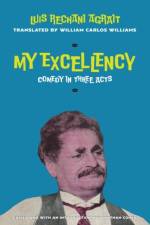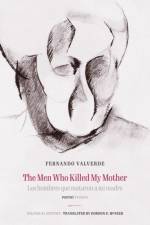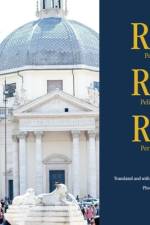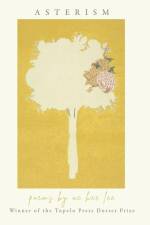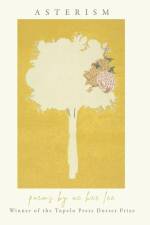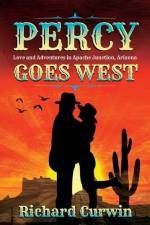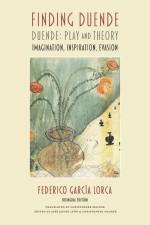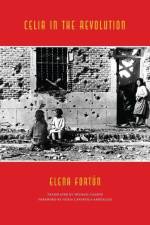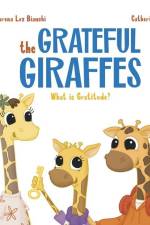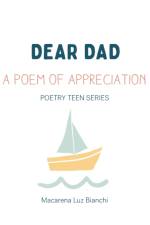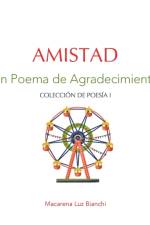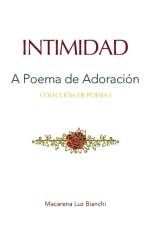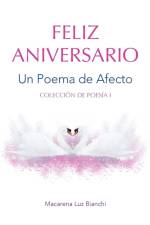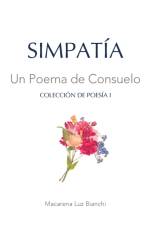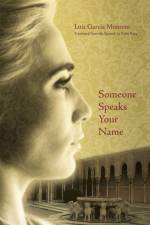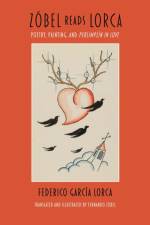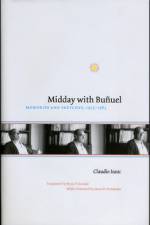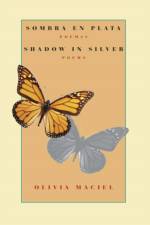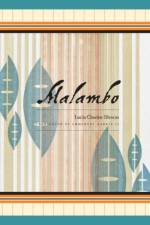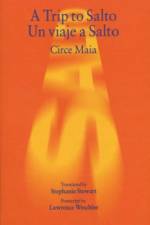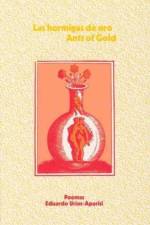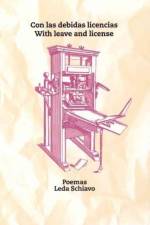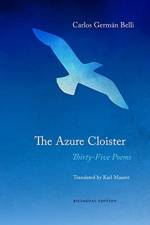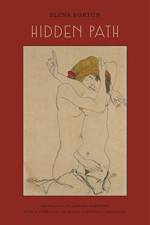av Elena Fortun
361
"Set during the Spanish Civil War (1936-39), Celia in the Revolution is the last in a series of young adult novels written by Encarnaciâon Aragoneses, known by the pen name Elena Fortâun, one of the most prolific and popular Spanish authors of the mid-twentieth century. In a series of more than twenty novels, Fortâun's protagonist is Celia Gâalvez de Montalbâan, a precocious and rebellious girl from an affluent family who's not afraid to question authority and dream, and that often gets her into trouble. Readers watch her grow from age seven through adolescence to the threshold of womanhood at seventeen, which is her age in this dark, inspiring novel about the war that changed Spain. In this last narrative in the legendary series, Celia has an awakening that not even her lively imagination could have anticipated. The once carefree, innocent child prone to playful fantasies must suddenly confront a world that's utterly changed, finding herself amid a bloody conflict, la Guerra Civil. Celia, now a madrecita, a little mother to her two younger sisters since the death of their mother, is forced into a life of hardship, a world of hunger, witness to violence, executions, bombing raids, and death. With Celia's sorrows come her courageous and profound compassion, consoling and caring for virtually every war victim that crosses her path, no matter their political inclinations, and no matter all that Celia must contend with herself. Celia, despite all her travails, manages to survive with determination, defiance, and dignity. Written immediately after the war, Celia in the Revolution was not published during Elena Fortâun's lifetime, until after the death of the dictator, Francisco Franco, due to censorship. This first major English translation by eminent scholar and Hispanist Michael Ugarte captures the narrative and nuances of Celia's voice and others in this character-rich novel, and fellow eminent scholar and Hispanist Nuria Capdevila-Arguèelles's preface brings powerful insights into this remarkable work by Elena Fortâun that transcends young adult literature"--

